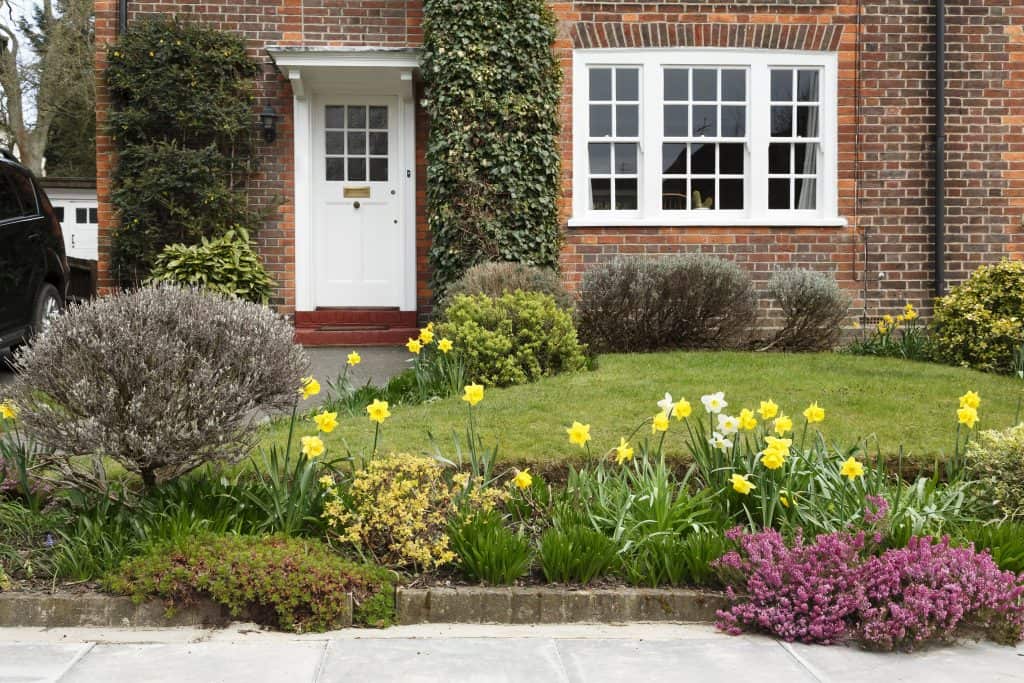As a business owner or landlord, you will be used to the ups and downs of owning and renting out various types of buildings. One of the biggest challenges landlords face is making sure their insurance policy covers every possible eventuality, so you can continue to provide liveable homes for people, and earn an income. Without proper insurance, the costs of repair or reimbursement can be considerable.
What is Buildings Cover?
As a business owner or landlord, you will be used to the ups and downs of owning and renting out various types of buildings. One of the biggest challenges landlords face is making sure their insurance policy covers every possible eventuality, so you can continue to provide liveable homes for people, and earn an income. Without proper insurance, the costs of repair or reimbursement can be considerable.
Business owners have a legal responsibility to protect the public while on their premises, and standard home insurance policies lack the level of cover that landlords need, so must be sure to have the building and contents insurance as a feature in your policy. Buildings cover could be applicable to you if you are a motor trader, restaurant owner, shop owner, salon owner or the landlord of a block of flats, commercial property or hotel or guesthouse.
If you are a buy-to-let landlord, insurance policies typically include buildings insurance but you should check this with your broker to avoid any confusion. Buildings insurance as whole will cover permanent fixtures of the building, such as the roof, floors, walls, ceilings, doors, and windows. It will also cover permanent room fittings as well, for example a fitted kitchen or bathroom, or built-in storage spaces. This type of policy may also cover outbuildings like sheds and gazebos, but it is worth checking this with your buildings insurance broker.
What Does Buildings Insurance Cover?
Finding the very best building insurance cover involves choosing a policy that covers your structure against a wide range of elements, from extreme weather to poor electrical or plumbing repairs. Standard policies will include cover for:
- Fire and smoke damage
- Flooding
- Storm damage
- Freezing of plumbing systems
- Earthquake
- Vehicle collisions with your building
- Repair costs for electrical issues
- Repair costs for plumbing issues
You will not be covered for the general wear and tear of the building; however you may be able to take out extra features depending on what your insurer offers. You should check what is and is not covered before you take out your policy in order to avoid any confusion later on. The typical elements not covered by buildings insurance includes insect or bird infestations, leaking gutters, and storm damage to fences or gates.
If your tenants are injured as a result of any of these incidents, or suffer an accident that is your fault whilst living at your property, you will almost certainly be expected to pay for their medical costs and any legal costs that may be incurred if they take action against you. For these costs to be covered, you will need liability insurance.
Emergency Repair Cover
Your tenants are of primary importance, and when a plumbing or electrical issue leaves them with a substandard living environment, you need to know you can have it sorted as quickly as possible. In this instance, you would need a policy that covers the cost of emergency call-outs. If you are not able to fix an issue in good time, your tenants may bring a grievance against you, which could result in legal costs or reimbursement of rent. You should discuss this with your broker as an optional extra. For more information on insurance features specific to your renters, visit our Tenant-Related Insurance page.

Rebuild Cost
In the very worst circumstances, your building may be completely destroyed or made to be permanently uninhabitable. This could be due to a large fire which destroys the structure, extensive storm damage, or even extreme cases of burglary, vandalism or arson. In any of these events, you would need to fully rebuild your property.
It is possible to have the costs of your rebuild covered by a buildings insurance policy, including labour and materials. It is important to understand the full value of your property in order to have all costs covered; this value will often be less than market value but it can vary. Consult a chartered surveyor to get the most accurate valuation. You should make sure not to over-insure your property in order to not pay larger than necessary premiums.
What is Contents Insurance?
Most homeowners will buy contents insurance in order to protect their belongings and appliances. If you are a landlord renting out a furnished property, contents insurance can be extremely valuable to you too.
Rented properties often include white goods, sofas and chairs, beds, wardrobes, and various appliances. If these belongings are damaged, stolen or lost, you will need them replaced in order to maintain quality of living for your tenants, and the level of rent payable. Without contents insurance, the costs fall entirely on yourself.

What Does Contents Insurance Cover?
There are two general types of contents cover – ‘as new’ and ‘new for old’. This means that if an item or appliance is damaged, your insurance will pay out the full cost of repairing. However, if something is stolen, a ‘new for old’ policy will give you the money to buy a comparable new item.
Your contents insurance policy will not cover your tenant’s belongings, they will need to get cover of their own for this.
There are some extra policy features that are recommended, these include:
- Replacement locks if keys are stolen or there is a burglary
- Damage to non-permanent fixtures and fittings, like ovens and washing machines, or freestanding furniture
- Damage to carpets and floor coverings
- Glass cover (windows, conservatories, glass doors etc)
Contents insurance prices will vary depending on the value of the items kept within the property and the level and type of cover you would like. It is best to chat at length with your broker to ensure you have all the features you need.